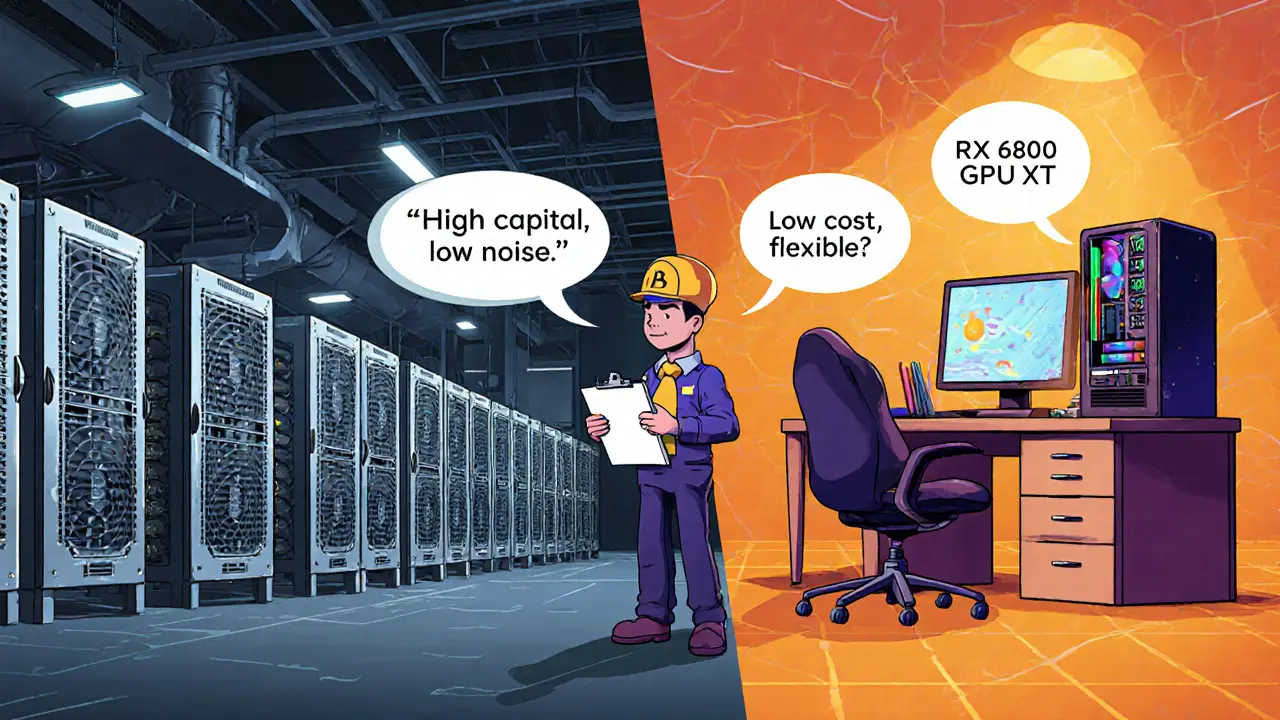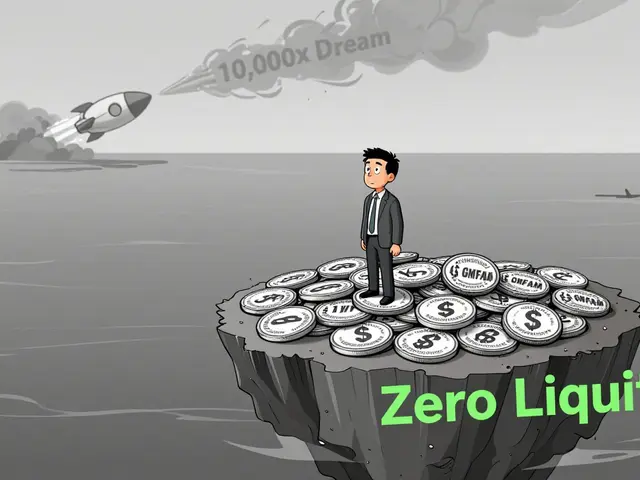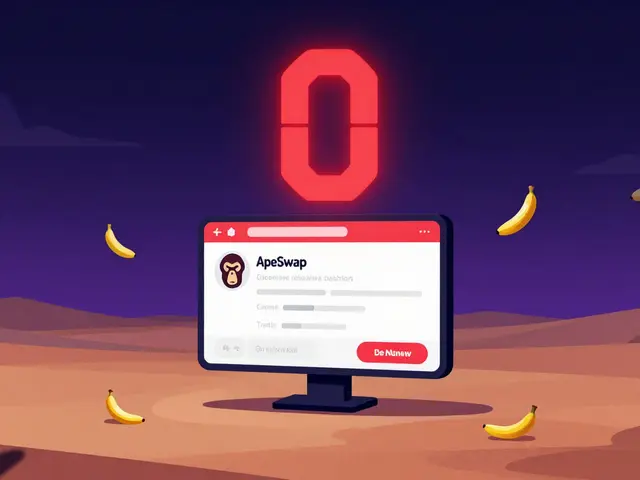Bitcoin Mining: How It Works, Costs, and the Rules Around It
When talking about Bitcoin mining, the process of validating transactions and adding new blocks to the Bitcoin blockchain by solving cryptographic puzzles. Also known as BTC mining, it serves as the engine that keeps the network secure and issues fresh bitcoins.
Mining doesn't happen by magic; it needs mining hardware, specialized machines such as ASICs that compute hashes far faster than regular computers. The faster the hardware, the higher the hash rate, and the better the chance of earning block rewards. Bitcoin mining therefore links directly to two key attributes: computing power and electricity use. The more efficient the hardware, the lower the energy cost per hash, which drives profitability.
Joining Forces: Mining Pools and Energy Bills
Individual miners often join a mining pool, a collection of miners who combine their hash power to find blocks more regularly and share rewards proportionally. Pool membership smooths income, turning the wildly unpredictable solo rewards into steady payouts. However, pools charge a small fee, so the net profit still depends on the underlying hardware efficiency and the electricity price you pay.
Energy consumption is the biggest expense in Bitcoin mining. The process draws a lot of power, and the cost varies wildly by region. In places with cheap electricity, miners can stay profitable even when the Bitcoin price dips. Conversely, high‑cost grids can turn mining into a loss‑making hobby. This cost factor ties mining directly to cryptocurrency regulation, government rules that affect tax rates, licensing, and sometimes even the legality of operating mining farms. Regulations can raise operational costs through taxes or mandate greener energy usage, reshaping the profit landscape.
Understanding these connections—hardware, pools, energy, and regulation—helps you gauge whether mining makes sense for you. Below you’ll find a hand‑picked set of articles that break down each piece: how to pick the right ASIC, the math behind mining profitability, the impact of recent crypto bans, tax reporting for miners in Russia, and the latest trends in mining pools. Dive in to see practical tips, real‑world examples, and the latest news that affect Bitcoin mining today.
Bitcoin vs Altcoin Mining: Profitability & Technical Guide 2025
A 2025 guide comparing Bitcoin mining and altcoin mining, covering hardware, profitability, costs, risks and strategic tips for miners.





